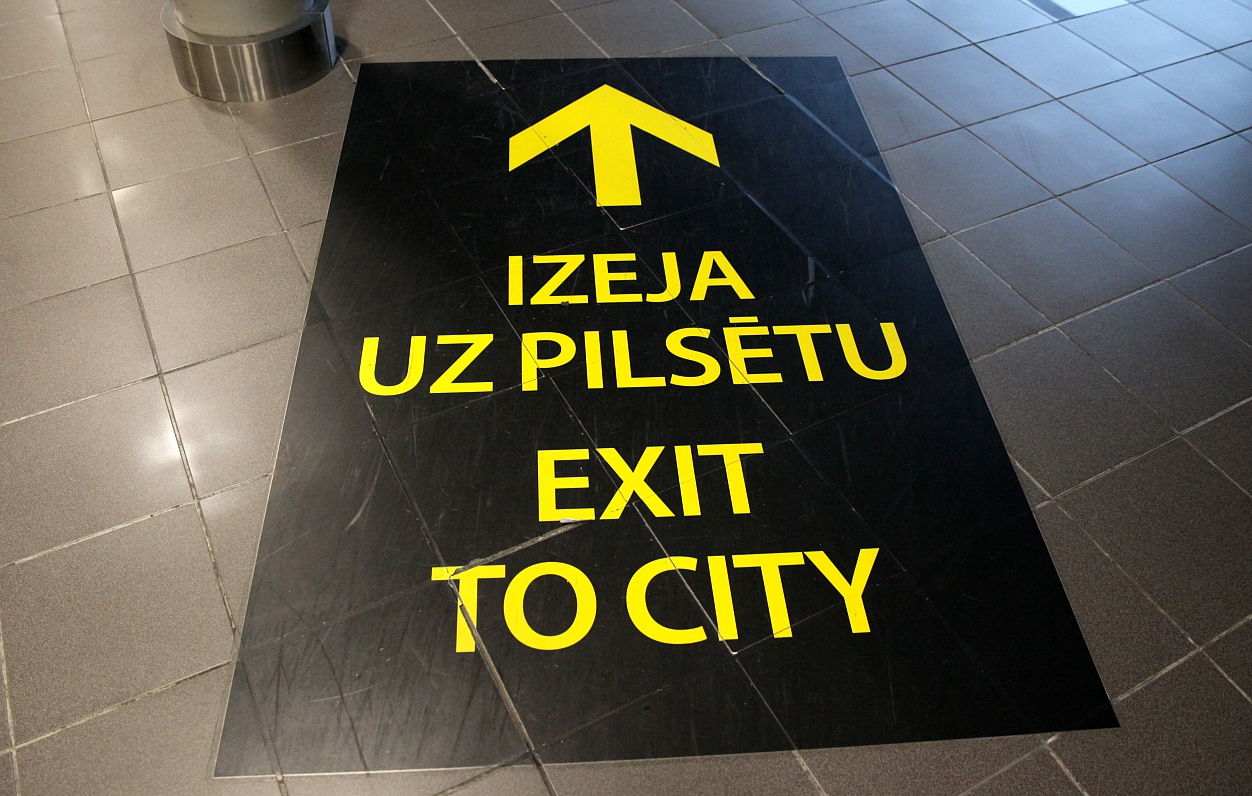After Russia's invasion of Ukraine on February 24, many foreign customers canceled trips and hotel bookings in the Baltic region. Santa Graikste, executive director of the Latvian Hotel and Restaurant Association, told Latvian Radio that according to estimates, hotel bookings have been canceled at around 60%. Currently, the cancellation of reservations has stopped.
“But that doesn't mean we're forecasting an increase or fulfilling the expectations we had at the beginning of the year when those bookings came in. The beginning of the year was really, very hopeful. We compared it to 2019, and someone said it could beat 2019. But the beginning of the war brought adjustments and bookings were canceled. Both [tourists from] farther and closer destinations look very cautiously at Latvia,” Graikste said.
Latvian Radio surveyed industry representatives in other countries of the Baltic Sea region to find out how the war in Ukraine affects the tourism and hospitality business.
Lithuania
Egle Lizaityte, executive director of the Lithuanian hotel and restaurant association, said Lithuania has a similar situation to Latvia as a large proportion of hotel reservations have been canceled. These have mostly been group bookings from Germany, as well as the United States and Asia.
Lizaityte said that the sector representatives are only certain about the coming week, with no expectations in the long term. “We expect growth in the hotel sector to be less rapid this year than in 2021, likely to remain more or less at last year's level. We do not really expect rapid growth due to the war in Ukraine," Lizaityte said.
She added that the industry and the government were doing a lot to convince foreigners of Lithuania as a safe destination but not all of them could not be persuaded.
"A lot of people think we are close to the war front because we have a border with Belarus and Russia is also neighboring. So foreigners don't think we're as safe as we seem to be."
Estonia
Also in Estonia, at the beginning of March, hotels faced the cancellation of bookings, but the situation has now stabilized slightly.
Killu Maidla, executive director of the Estonian Hotel and Restaurant Association, said that in most cases, group bookings were canceled, but individual bookings were still doing rather well. Last-minute bookings were also appearing, so there is some optimism in the sector.
Last summer, hotels in other Estonian cities did well, but Tallinn was in a difficult situation. “We hope that this summer Tallinn will also receive its share because we see interest from foreign tourists,” said Maidla.
She does not think that this would be the right time to campaign widely for Estonia to be a safe destination, but that the industry is trying to convey the message that Estonia will continue to have a normal daily life and that various events are taking place.
“We should not punish ourselves for what Russia is doing in Ukraine,” said Maidla.
Estonia's official tourism portal even goes out of its way to argue that the war in Ukraine should not put tourists off visiting.
"If we become too sceptical, cancelling travel plans and reservations now, we reduce our contacts and create unnecessary hardship for allies' economies – not because of the threat of war, but only because of fears," it says.
Finland
Heli Mäki-Fränti, executive director of the Association of Finnish Travel Industry, told Latvian Radio that in the first days following the Russian war in Ukraine, Finland was no longer an attractive destination for many foreigners. The situation is now improving.
It is still hard to predict how it will be in the future. "We know it's safe to live here and people continue their normal lives, but it may look different to those living in Western or Southern European countries," said Mäki-Fränti.
Before Russia's invasion of Ukraine, there were signs that this could be the best year for the European Union's (EU) tourism sector since the beginning of the Covid-19 pandemic in 2020. But the current geopolitical situation in Europe creates a lot of uncertainty about the future.
Tourism accounts for about 10% of the EU gross domestic product and employs 23 million people directly or indirectly.





























